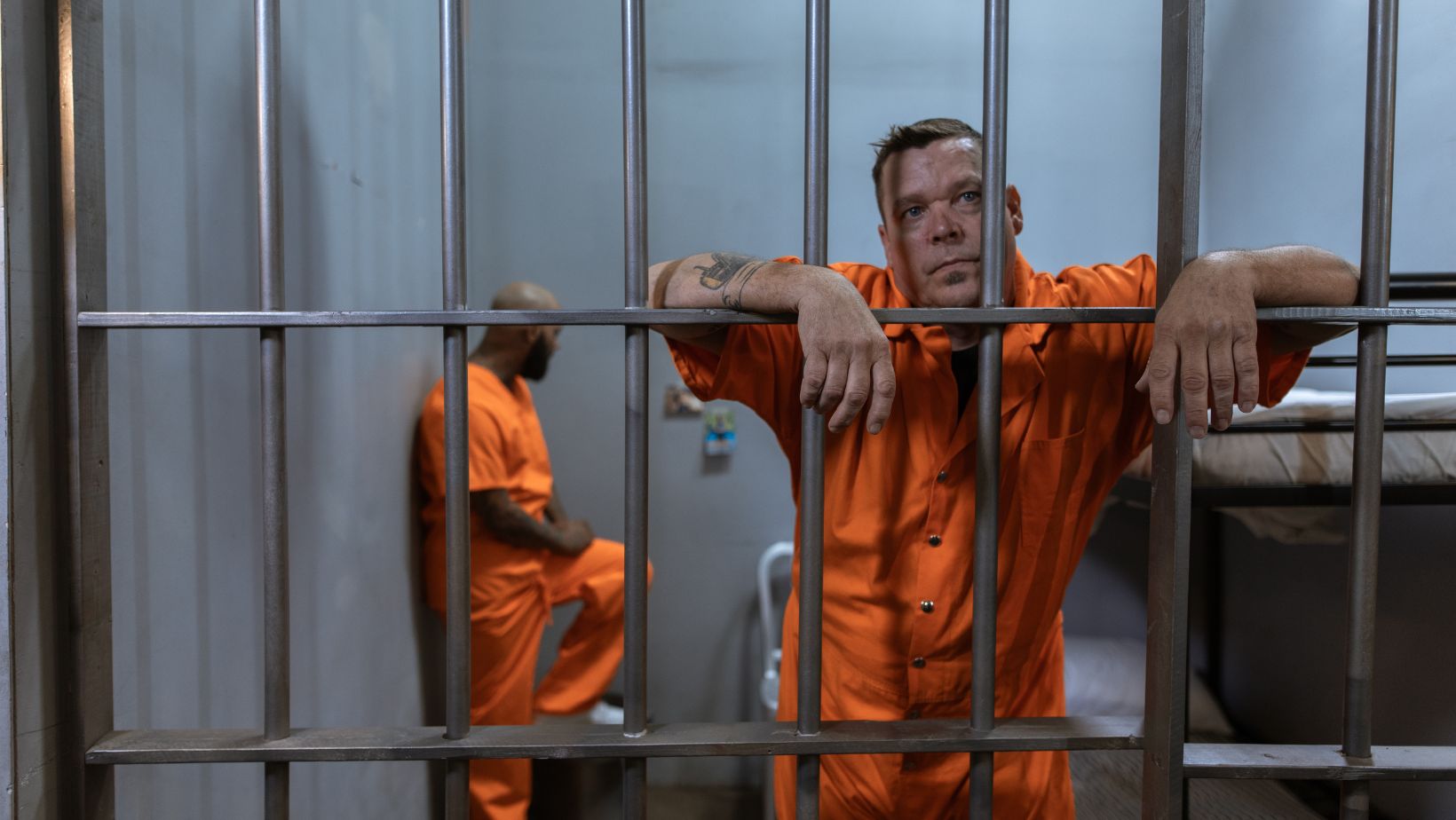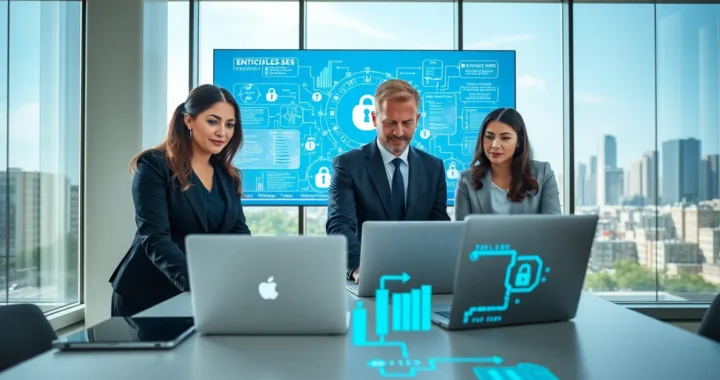What Does It Mean When a Jail Call Is Terminated: Understanding the Implications

What Does It Mean When a Jail Call Is Terminated
When a jail call is terminated, it means that the conversation between the inmate and the person on the other end of the line has been abruptly cut off. This can happen for various reasons, such as technical issues, time restrictions, or violations of jail policies. Understanding why a call is terminated can be frustrating for both parties involved, especially when important information is being discussed.
In some cases, a jail call may be terminated due to time restrictions set by the facility. Inmates are often given limited time to make phone calls, and once that allotted time is up, the call will automatically end. Additionally, certain jails have specific rules regarding when inmates are allowed to make calls and for how long. If these rules are violated, the call may be terminated without warning.
Understanding Jail Calls and Terminations
Let’s delve into the world of jail calls and explore what it means when a call is terminated. It can be quite perplexing when a conversation abruptly comes to an end, leaving both parties bewildered. In this section, we’ll shed some light on the reasons behind terminated jail calls and help you understand this aspect of communication within the confines of correctional facilities.
- Reasons for Termination When a jail call is terminated, it means that the connection between the caller and the inmate has been abruptly cut off. This can happen due to various factors, including:
- Time Restrictions: In many correctional facilities, there are strict time limits imposed on phone conversations. Once the allotted time is up, the call may automatically terminate without warning.
- Technical Issues: Like any other phone system, jail phone systems can experience technical glitches or malfunctions that lead to unexpected terminations.
- Impact on Communication The sudden termination of a jail call can have significant consequences on both callers and inmates alike. It disrupts their ability to connect with loved ones outside and hampers effective communication. Moreover, frequent terminations can cause frustration and make it difficult for individuals to maintain important relationships while incarcerated.
- Seeking Resolution If you find yourself frequently experiencing terminated jail calls or have encountered an unjustified termination, it’s essential to seek resolution through proper channels provided by the correctional facility. Understanding your rights as a caller or inmate will enable you to address any concerns or issues related to these interruptions effectively.

Legal Rights of Inmates Regarding Terminated Calls
As an expert, I understand the importance of addressing the legal rights that inmates have when their jail calls are terminated. It’s crucial to ensure that inmates are protected and given fair treatment within the confines of the correctional system. In this section, we’ll explore some of the key legal rights that inmates possess in relation to terminated calls.
- Right to Due Process: Inmates have a constitutional right to due process, which means they must be provided with notice and an opportunity to be heard before any action is taken against them. This includes terminating their phone calls. If a call is abruptly ended without a valid reason or proper notification, it may be considered a violation of their due process rights.
- Right to Privacy: Inmates also have a reasonable expectation of privacy when making phone calls from jail. While certain limitations on privacy exist for security reasons, such as monitoring for illegal activities or threats, unjustified interference with an inmate’s right to private communication can raise concerns about potential violations.
- Right to Access Legal Counsel: In order to protect their legal interests, inmates have the right to consult with attorneys and receive legal advice during their confinement. If terminated calls impede an inmate’s ability to communicate effectively with their legal counsel, it could hinder their access to justice and potentially violate this fundamental right.
- Grievance Procedures: Correctional facilities typically provide grievance procedures that allow inmates to address complaints regarding various aspects of their confinement, including issues related to terminated calls. These procedures offer a mechanism for inmates’ concerns to be heard and resolved in a fair and timely manner.
It is important for correctional authorities and service providers alike to be aware of these rights in order to ensure compliance with applicable laws and regulations governing inmate communications. By upholding these rights, we can promote fairness and accountability within our criminal justice system.
Remember that each jurisdiction may have its own specific laws and regulations regarding terminated calls in correctional facilities. Inmates should consult with legal professionals who are familiar with the local rules to fully understand their rights and options in such situations.

 Is 48Ft3Ajx Harmful? What You Need to Know
Is 48Ft3Ajx Harmful? What You Need to Know  The Ultimate Guide to Off-Piste Skiing in the Alps
The Ultimate Guide to Off-Piste Skiing in the Alps  Htsicret: Understanding Its Significance
Htsicret: Understanding Its Significance  Is Vallpo523.zvc5.0o Good For Skin?
Is Vallpo523.zvc5.0o Good For Skin?  The Importance of Effective Infotainment Solutions for Safety and Navigation
The Importance of Effective Infotainment Solutions for Safety and Navigation  Progression Guide for Successful Clash Royale Boosting for Beginners Who Want to Develop Their Account Faster
Progression Guide for Successful Clash Royale Boosting for Beginners Who Want to Develop Their Account Faster